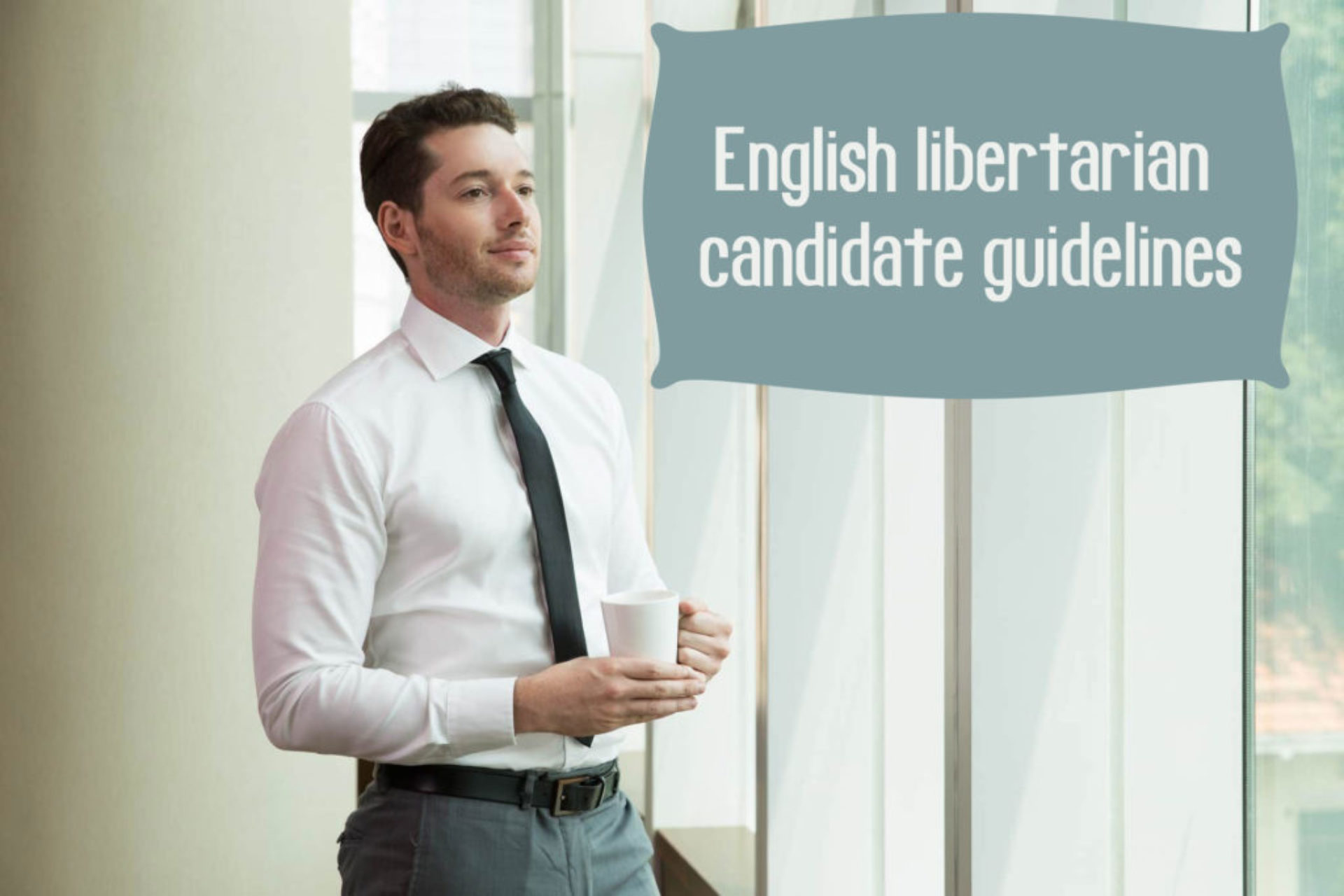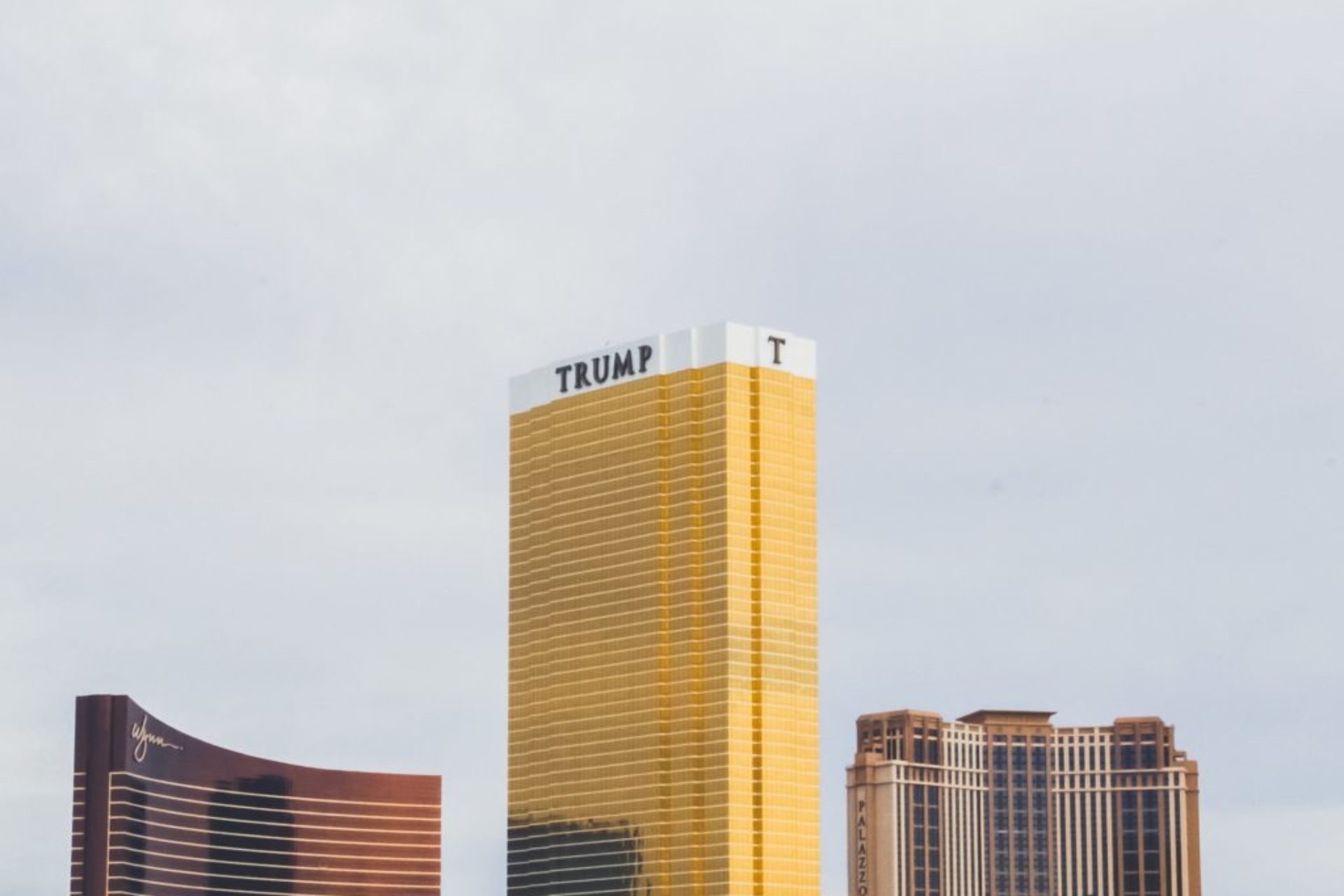The government role, individual rights, defense and foreign policy
Canadian Constitution states that the federal government is fully responsible for their actions and to its citizens. Our association fully supports this constitution in order to make them protect the individual rights. This means that our support goes to the Charter of Rights which clearly guarantees protection against any forceful actions or fraud, taking place by the government.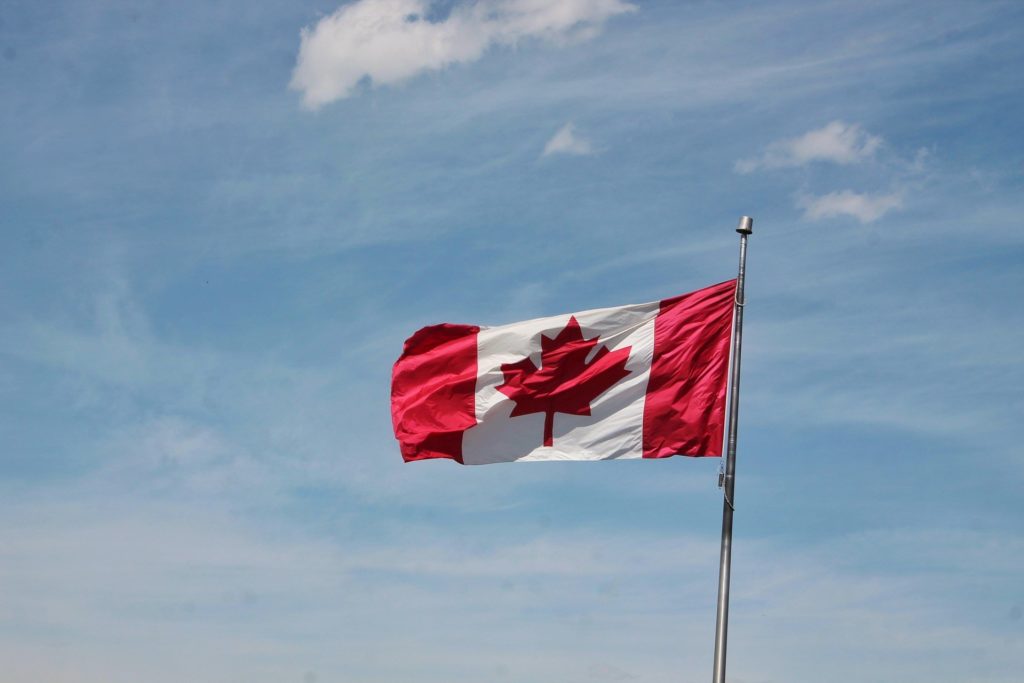
This includes all citizen initiatives, freedom of political action, the charter of rights, freedom of information and disallowance. The only force of law should be elected by the legit and duly elected Parlament. Furthermore, the government violates these rights if they keep any information from the citizens.
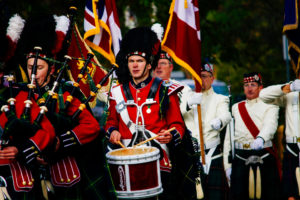 When it comes to the foreign policy and defense, the principle of non-initiation of force should always be executed. We strongly believe that the best policy is the one stating complete abstination from imperialist endeavors and foreign disputes.
When it comes to the foreign policy and defense, the principle of non-initiation of force should always be executed. We strongly believe that the best policy is the one stating complete abstination from imperialist endeavors and foreign disputes.
A military establishment should be present in order to defend the country against any foreign aggression. As for the external affairs, diplomatic negotiations with foreign governments are always welcomed.
This is how countries prosper and by running healthy and positive external affairs politics, we strongly believe that we can contribute to the overall progress of our country. With this in mind, we are strongly opposing granting of diplomatic immunity to any foreign individual.
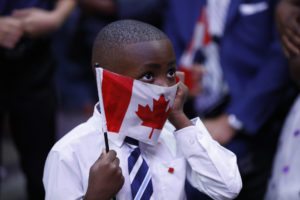
When it comes to the individual rights, there are no other rights than these and they are inviolable. This means that no institution can rightfully violate those rights. Furthermore, we think that each citizen has the right to own property and live from the fruits of their own labor.
All citizens are free to live according to their own choosing as long as they are not violating the rights of others. Individual rights are comprised of various freedoms like freedom of assembly and speech, associations, religion, contract, property rights, right to privacy and self-protection.
Our main policy is a belief that the government should not have the right to deny or abridge any individual rights because of age, sex, religion and race or personal non-criminal activity.

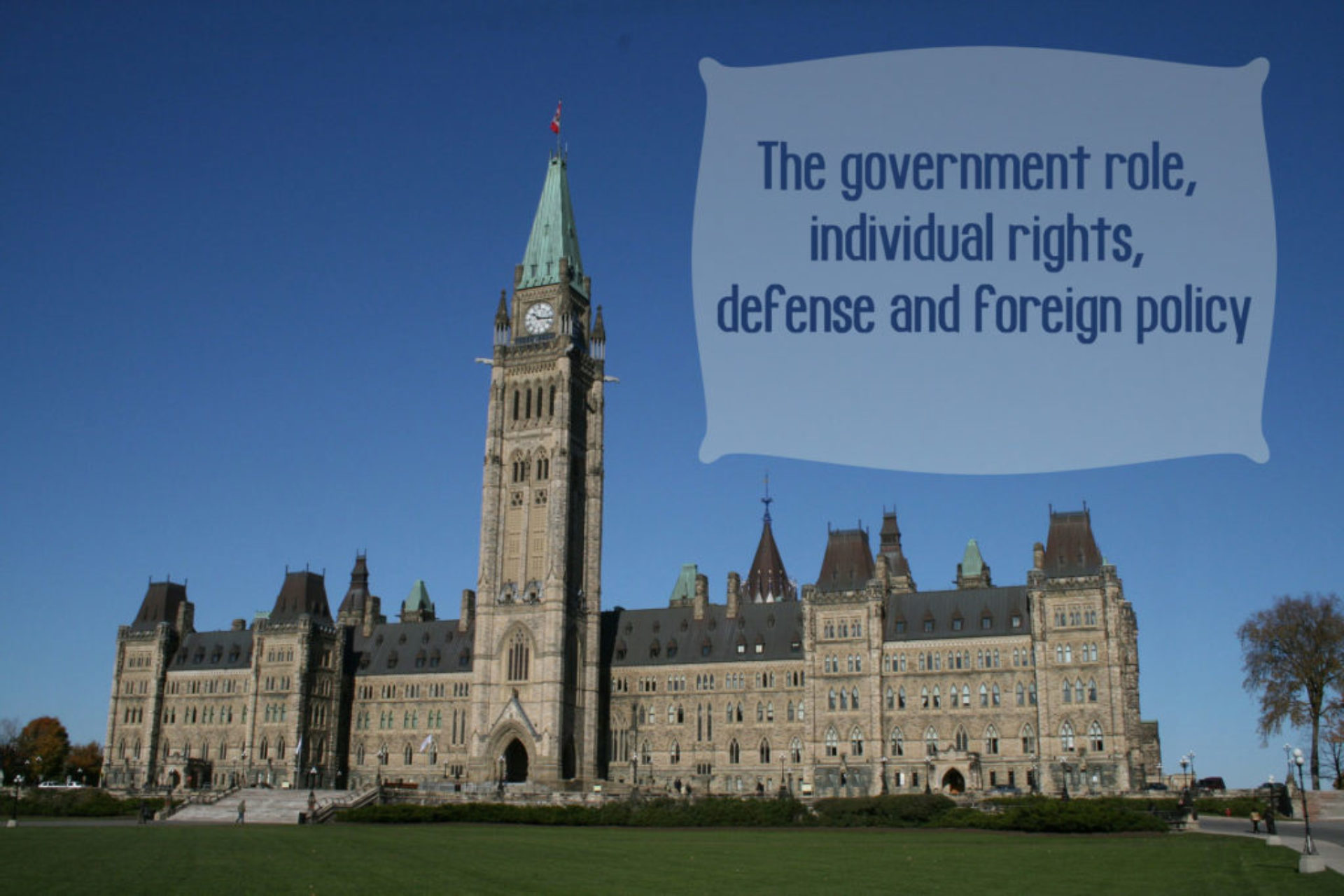
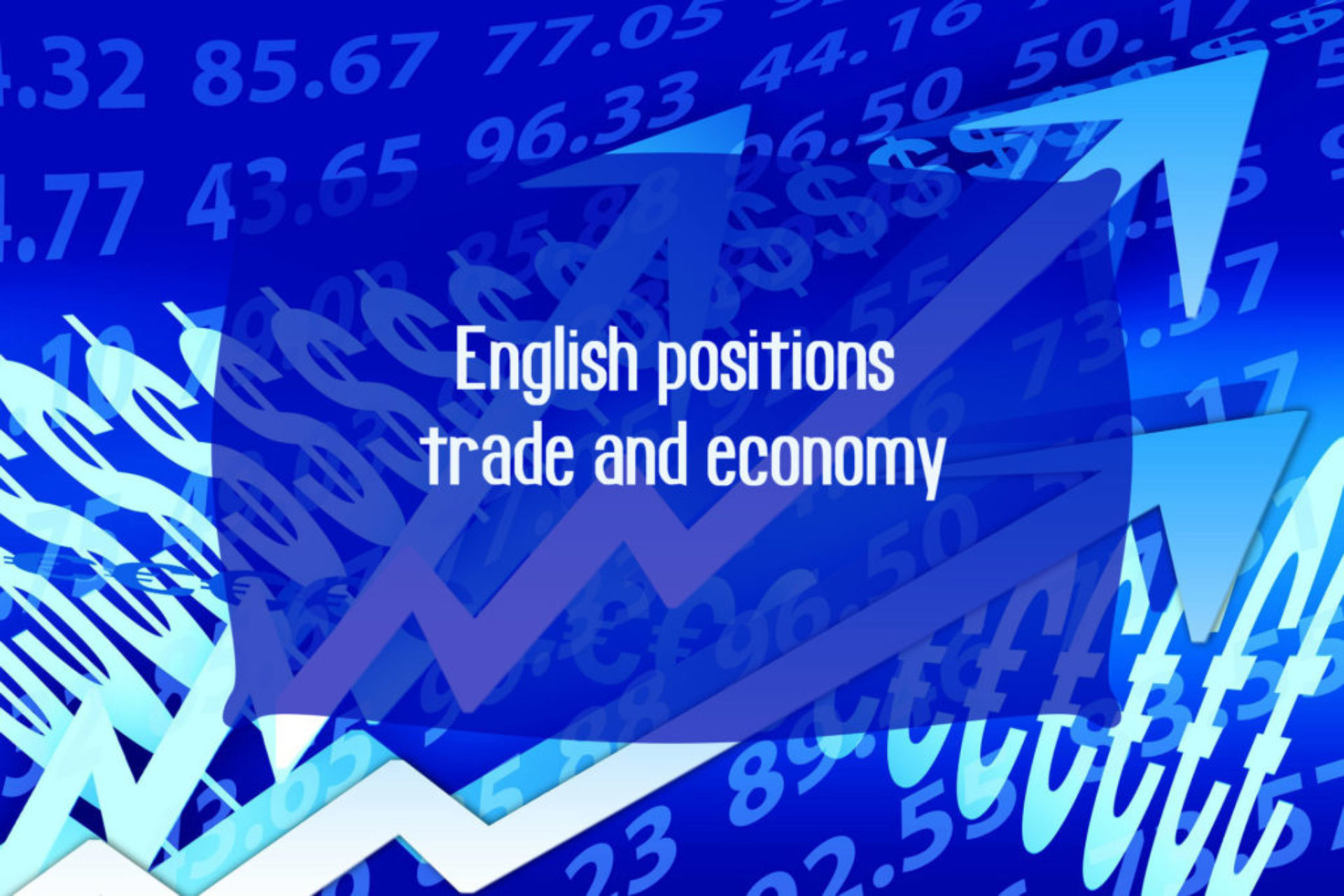
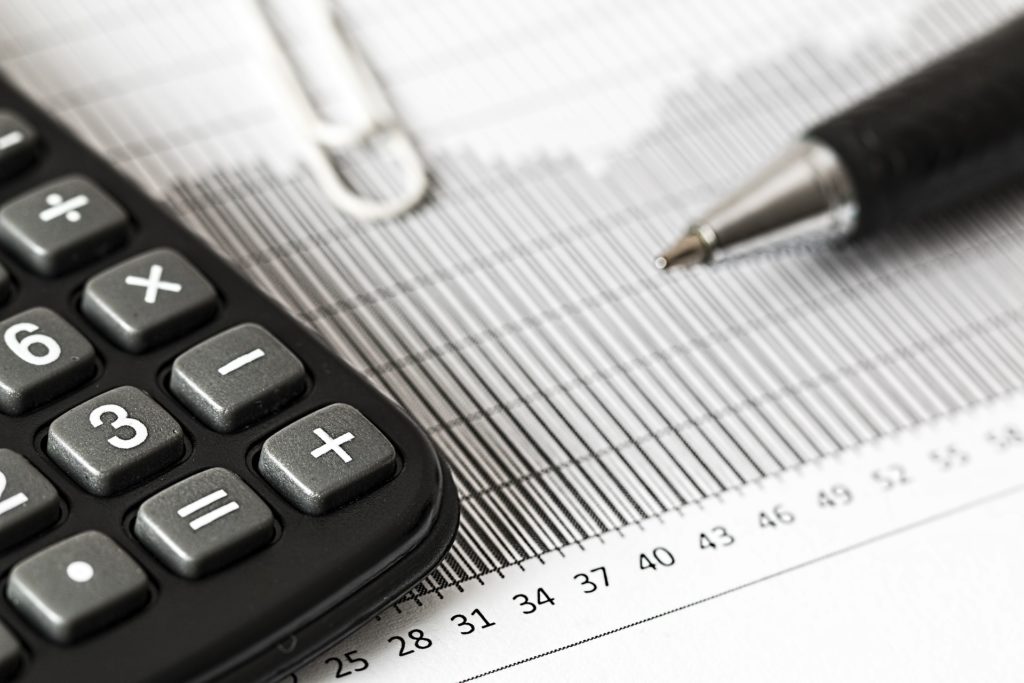
 Canadian Libertarians Association strongly believes that each individual must be allowed to exchange both services and goods with any group or a person, free from coercion. The government efforts to manage or control the trade are out of place completely. The same goes for the economy. If the
Canadian Libertarians Association strongly believes that each individual must be allowed to exchange both services and goods with any group or a person, free from coercion. The government efforts to manage or control the trade are out of place completely. The same goes for the economy. If the  Any individual should be entitled to manage their own
Any individual should be entitled to manage their own 